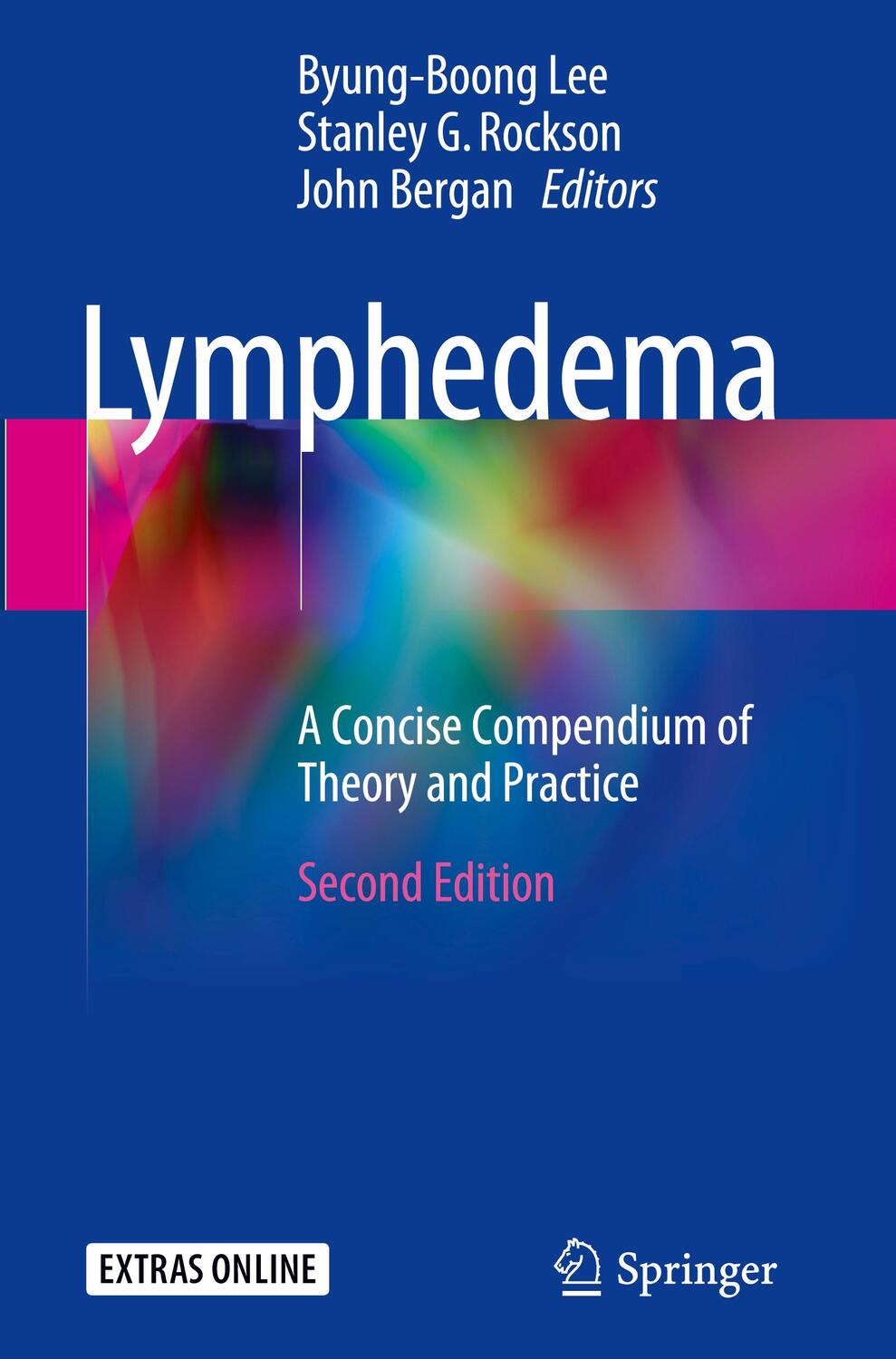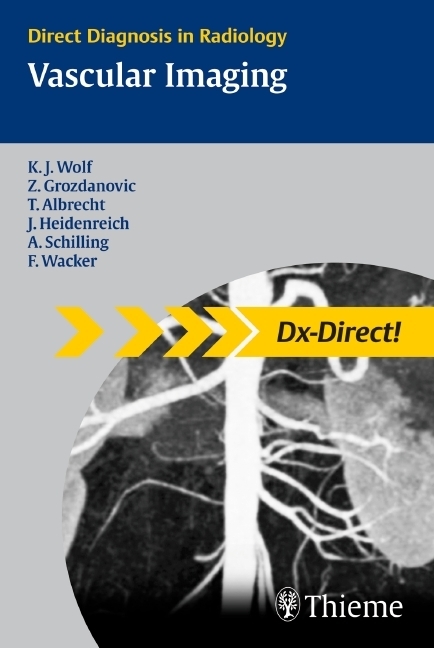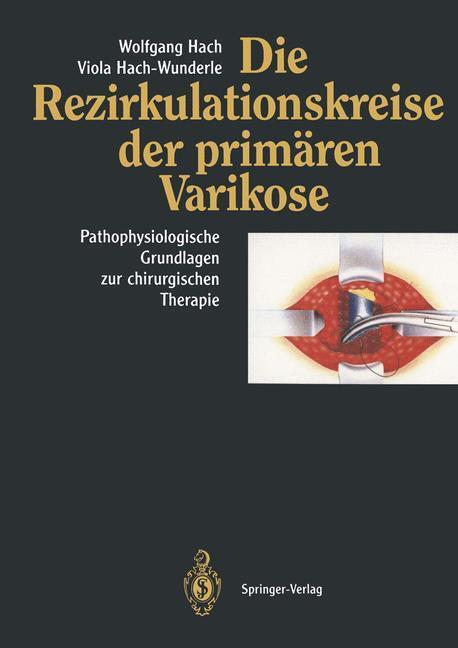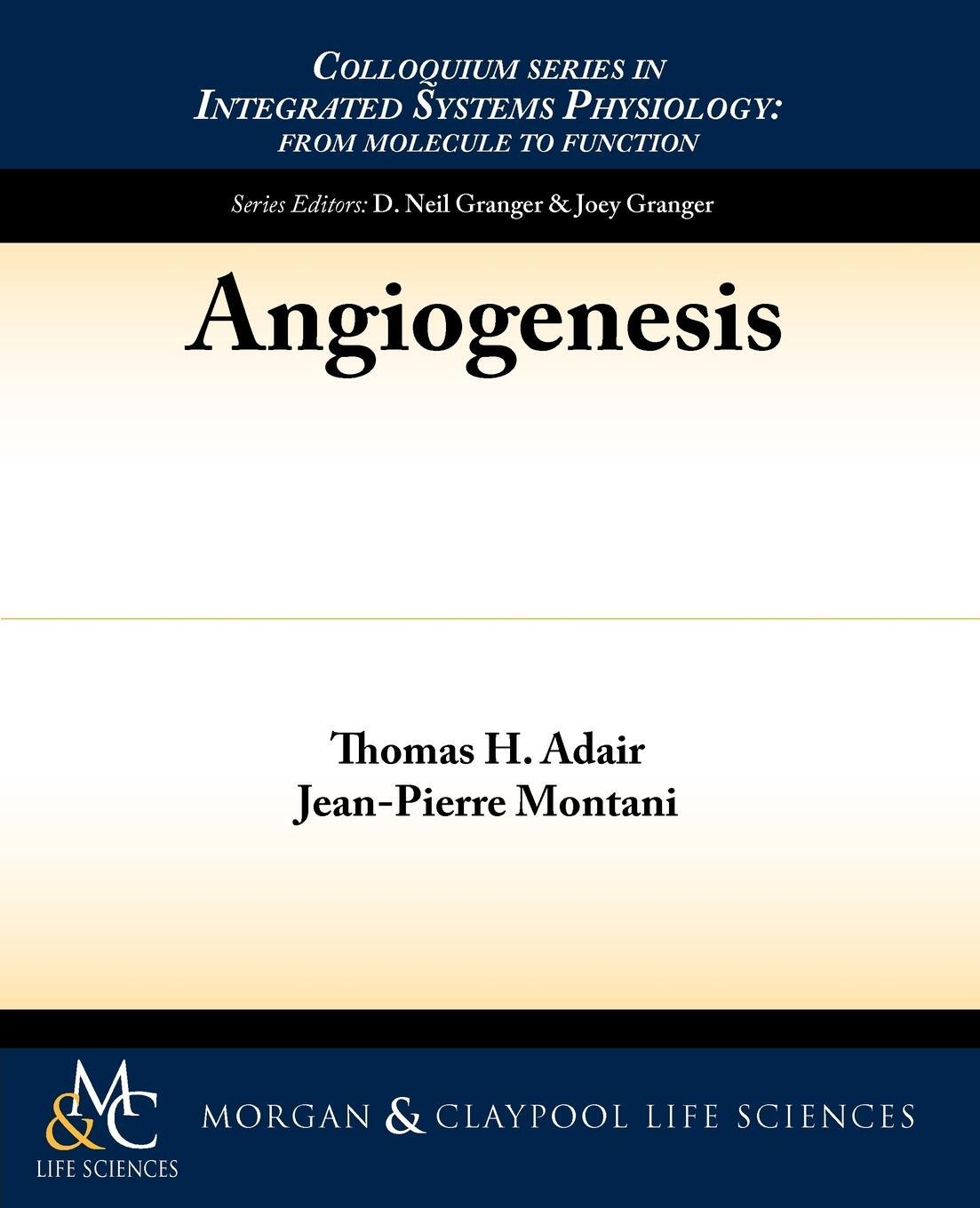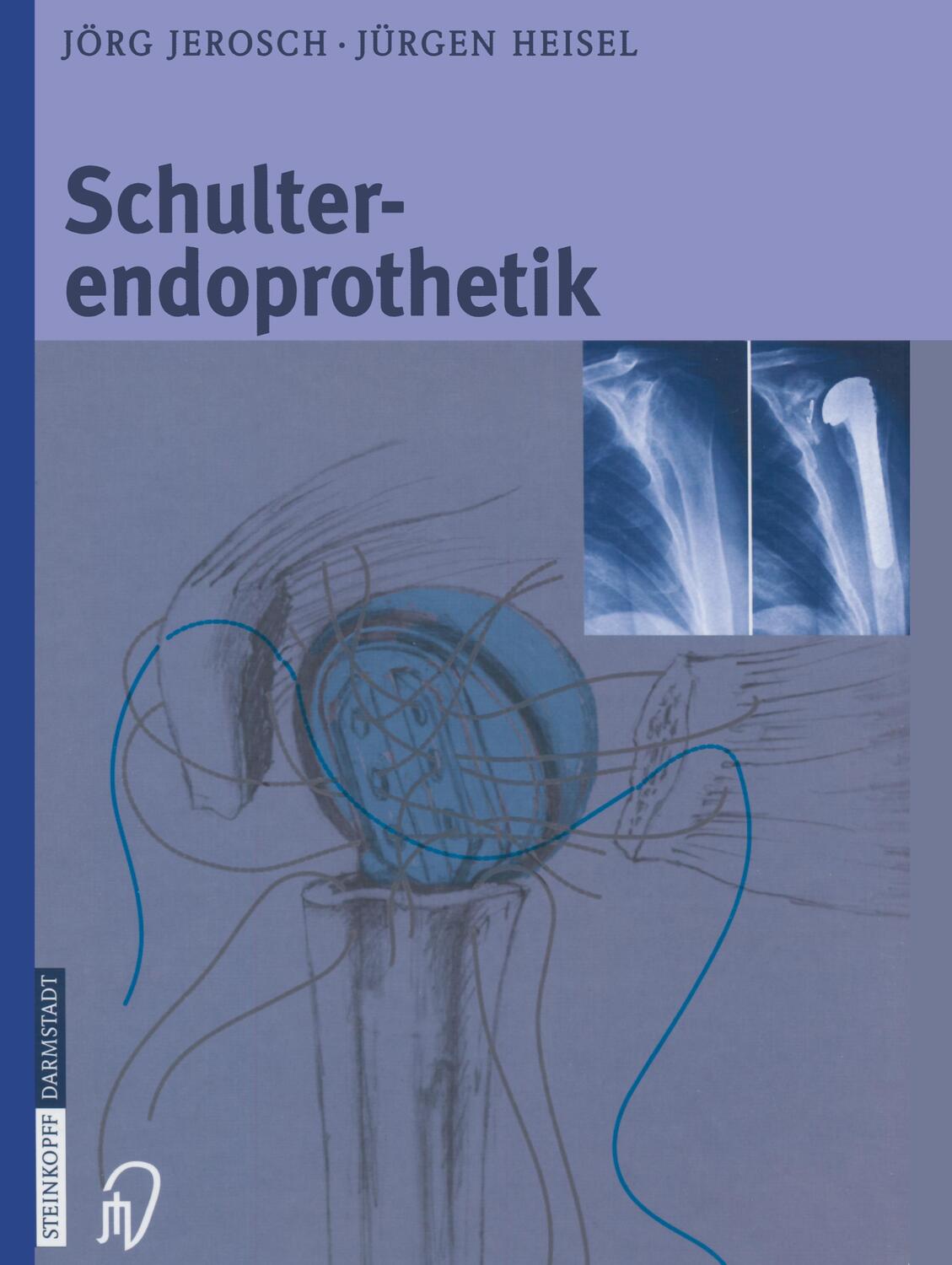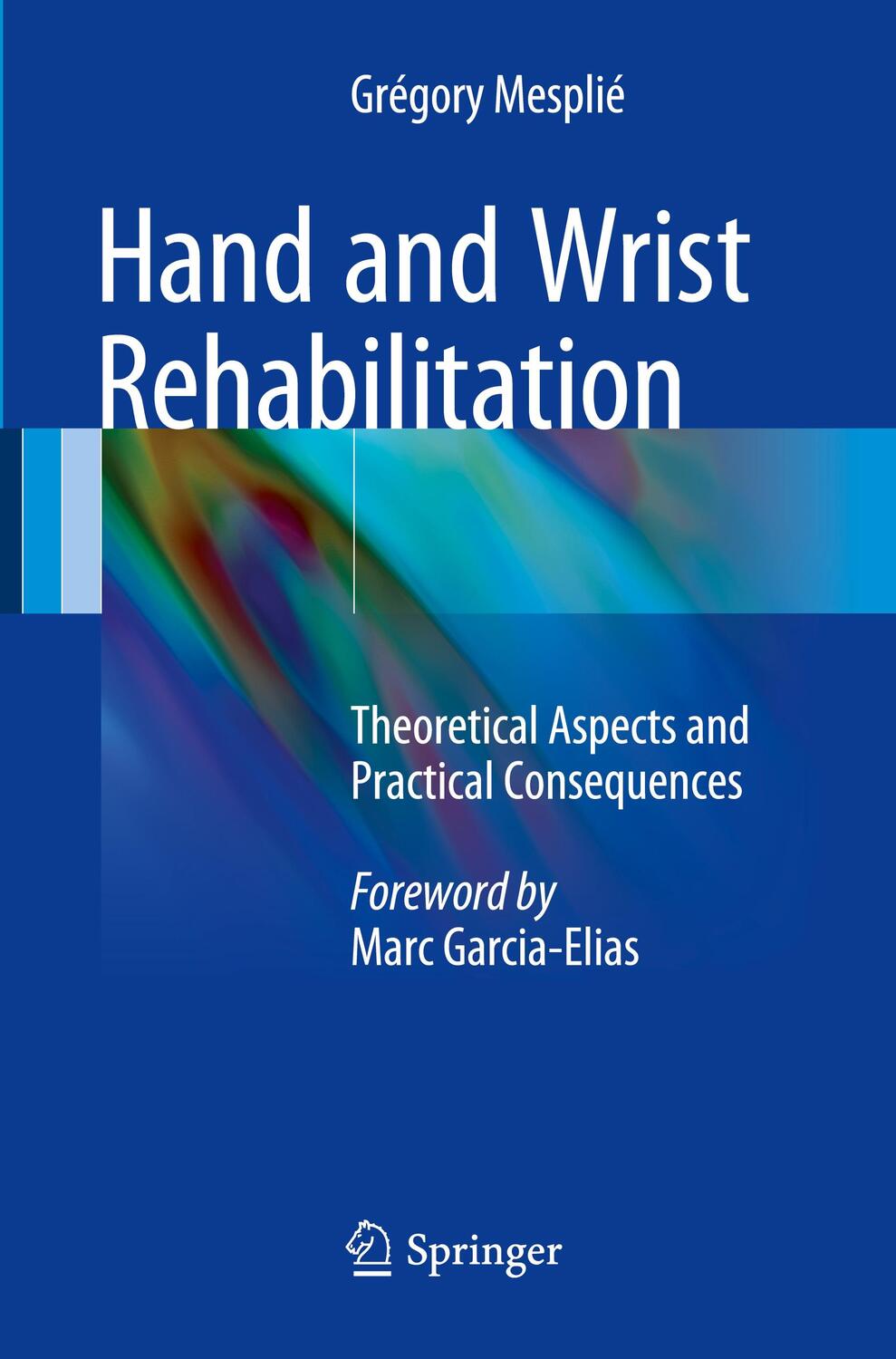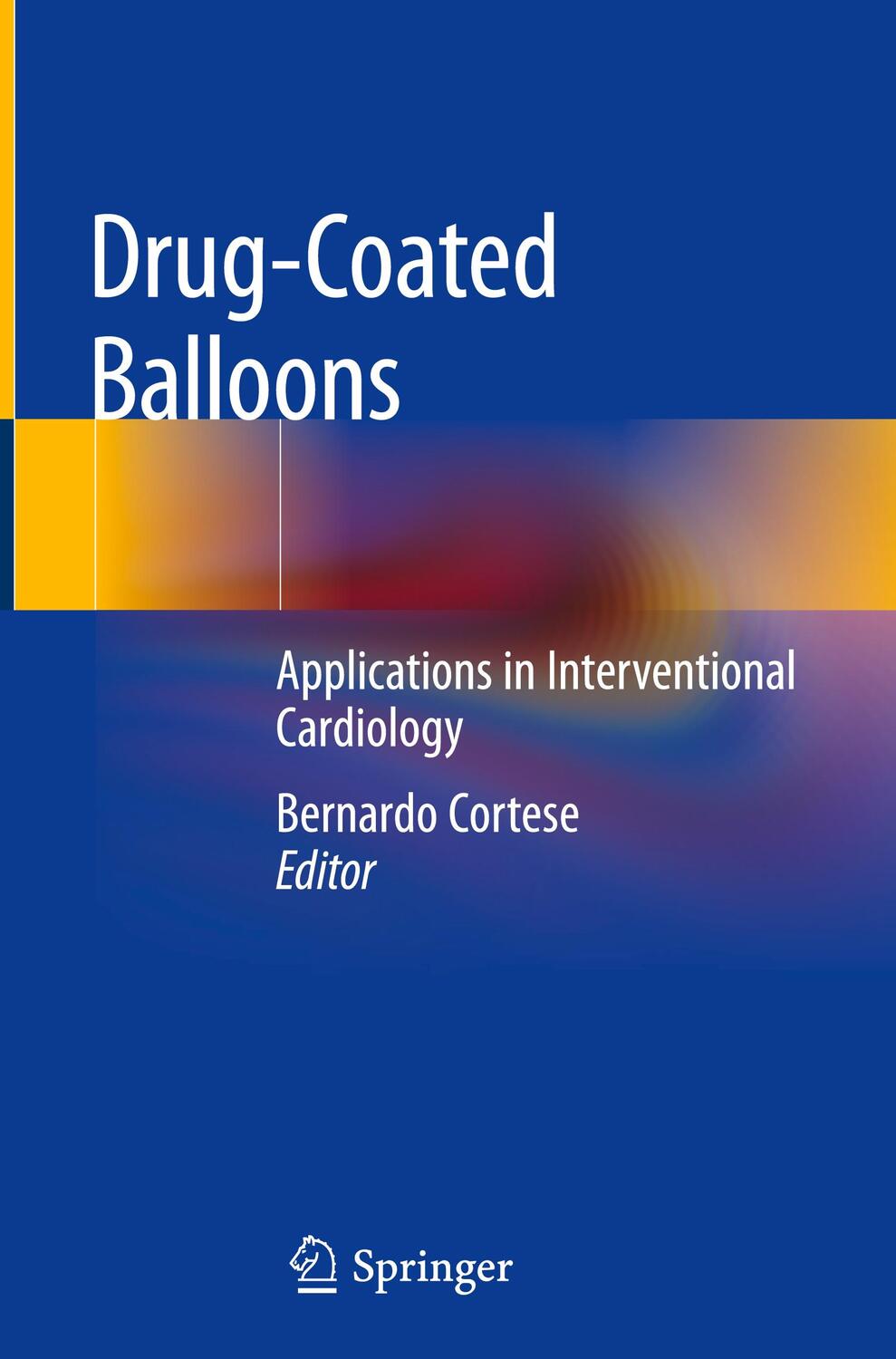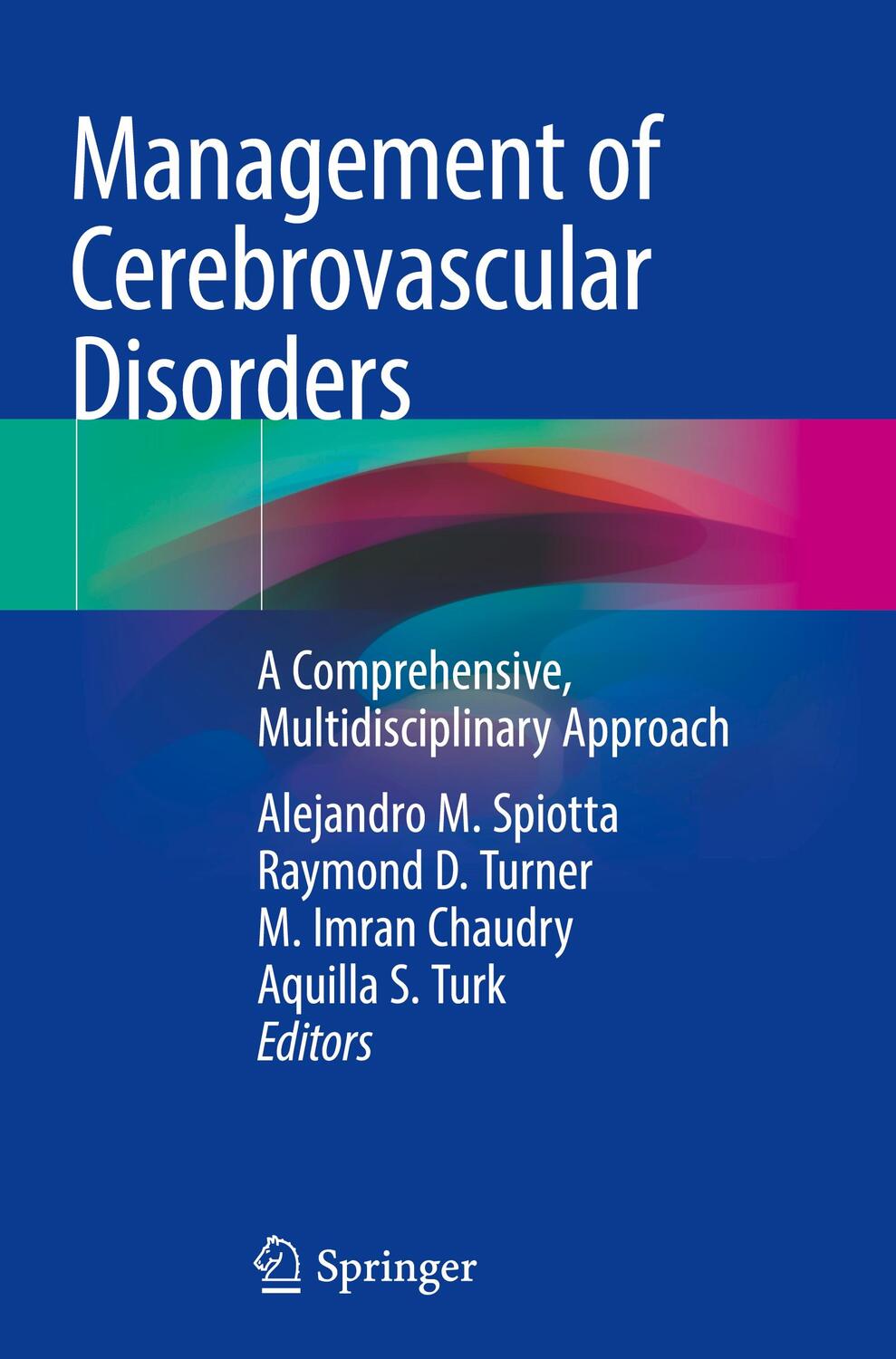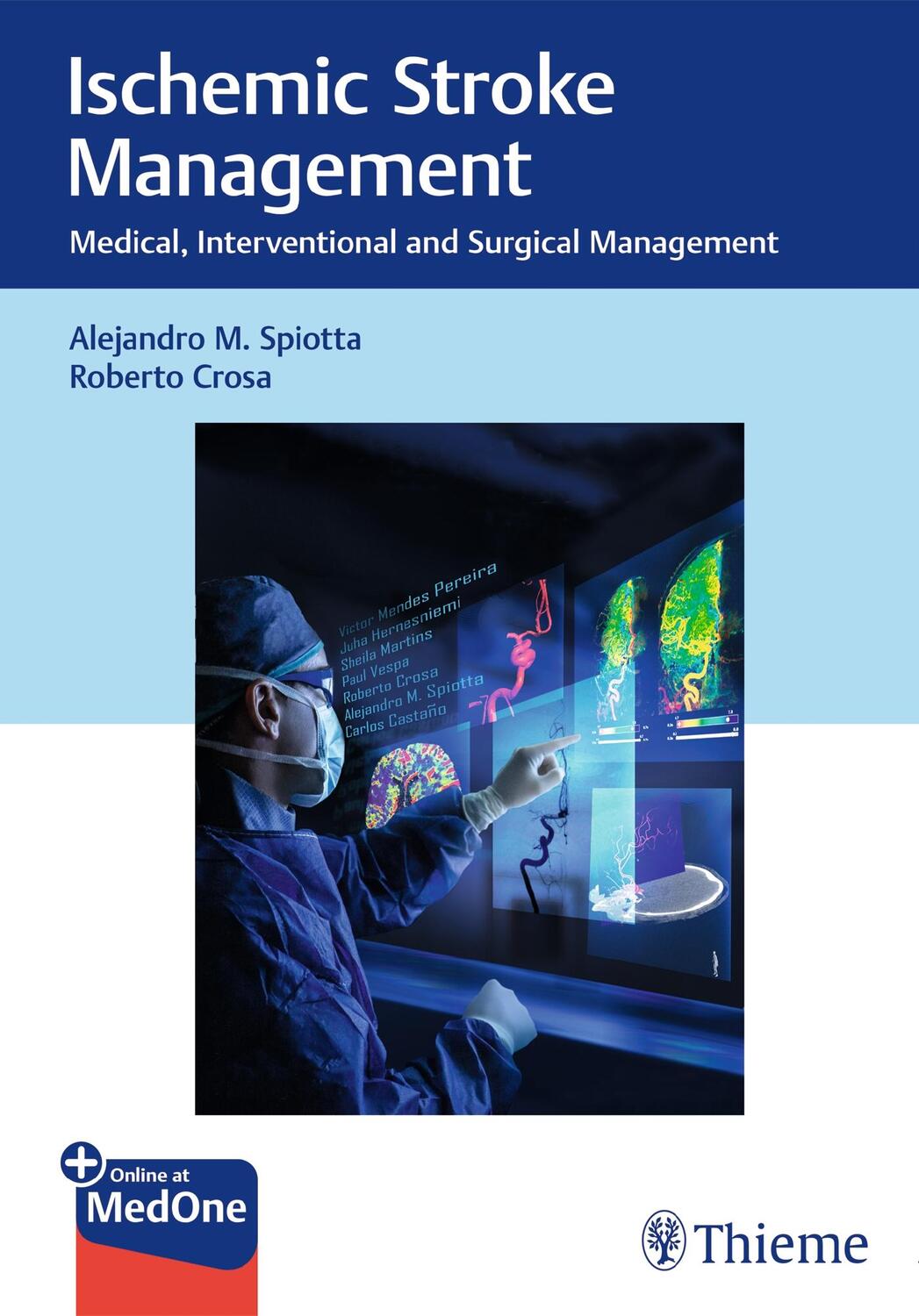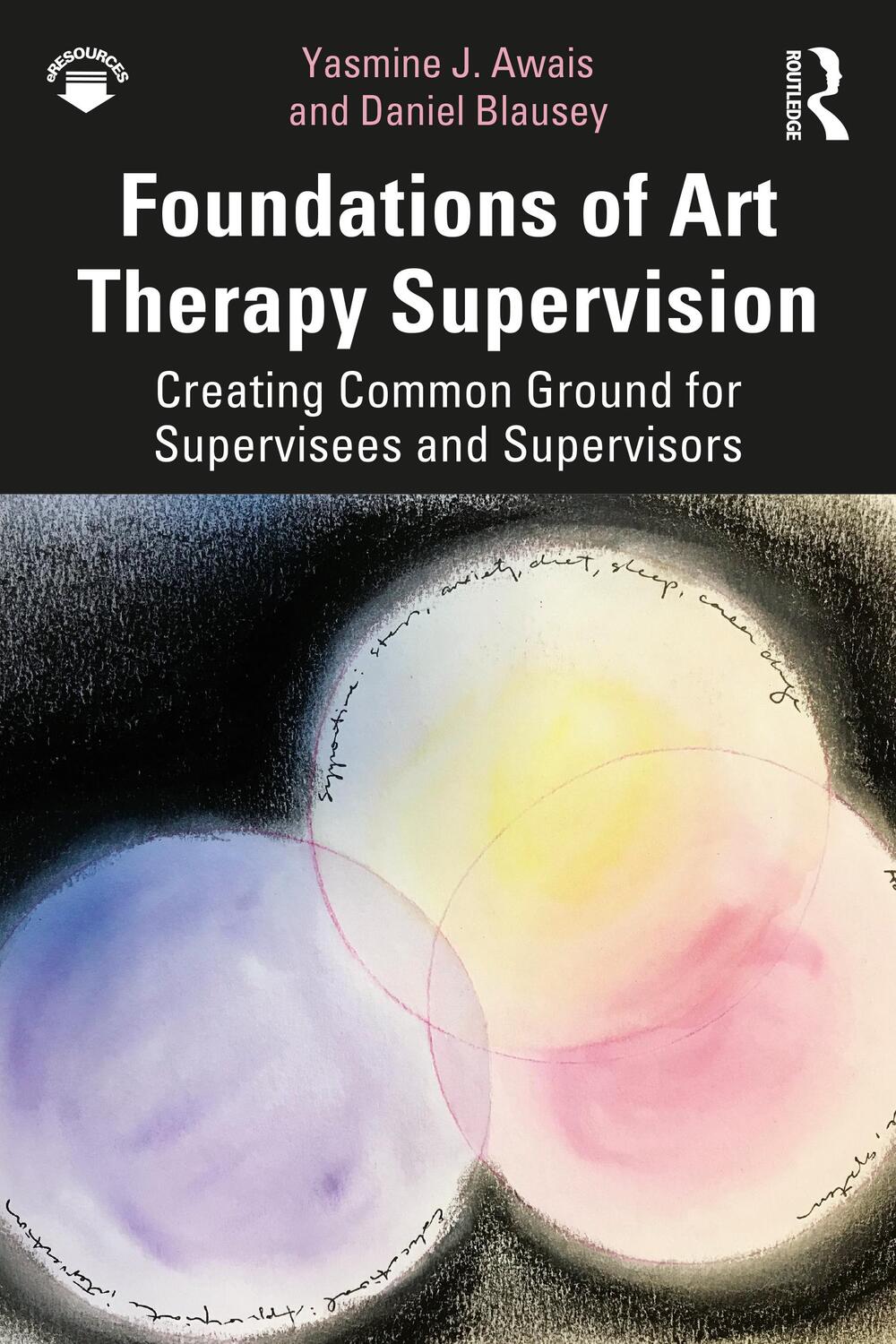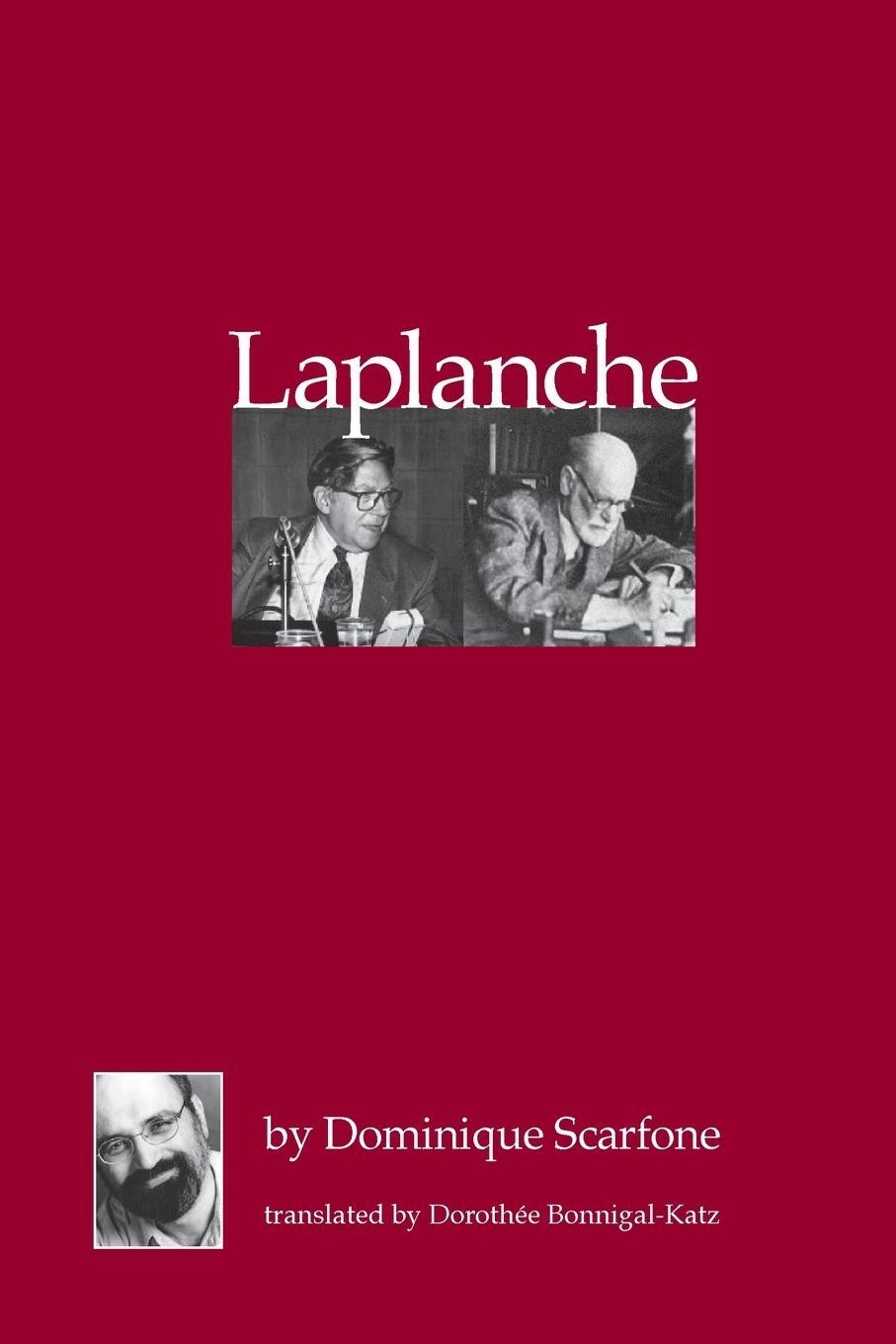324,95 €*
Versandkostenfrei per Post / DHL
Lieferzeit 2-3 Wochen
Updated from the first edition to reflect the substantial progress in diagnostics, medical care and surgical intervention for this patient population, this volume has been reorganized to meet today¿s practice requirements. It addresses the challenges faced by clinicians in the management of chronic lymphedema enabling them to meet the medical needs of this large patient community. Edited by world leaders in Vascular Medicine and Surgery, this comprehensive volume provides clear, concise background and recommendations in an easy-to-use format. It is a valuable reference tool for clinical practitioners (physicians/nurse practitioners/technicians) who wish to deliver state-of-the-art health care to their patients with lymphatic and venous disorders.
Updated from the first edition to reflect the substantial progress in diagnostics, medical care and surgical intervention for this patient population, this volume has been reorganized to meet today¿s practice requirements. It addresses the challenges faced by clinicians in the management of chronic lymphedema enabling them to meet the medical needs of this large patient community. Edited by world leaders in Vascular Medicine and Surgery, this comprehensive volume provides clear, concise background and recommendations in an easy-to-use format. It is a valuable reference tool for clinical practitioners (physicians/nurse practitioners/technicians) who wish to deliver state-of-the-art health care to their patients with lymphatic and venous disorders.
Professor B.B. Lee began his career as a founding member of the transplant and vascular surgery program at Georgetown University, Washington, D.C., in 1979. He is now better known as a leading vascular surgeon in the field of veno-lymphatic disorders in the U.S. and a world authority on congenital vascular malformation and lymphedema. Prof. Lee, a disciple of the late David Hume of the Medical College of Virginia (Richmond, Virginia), has also made far-reaching contributions in the field of transplant surgery. During his tenure at Johns Hopkins University as clinical professor of surgery, he established a world-class living-related liver transplantation program in Seoul, Korea, as the founding professor and chairman of the Surgical Sciences Department at Samsung Medical Center and SungKyunKwan University. In recognition of his contributions to vascular surgery, Prof. Lee was named Distinguished Fellow by the Society for Vascular Surgery in the U.S. He has published over 800 original papers and abstracts in addition to more than four dozen book chapters, mainly in the field of vascular malformation and lymphedema. He has also given more than 500 lectures around the world. Prof. Lee has been serving on numerous national and international peer-reviewed journals as an editor as well as a reviewer specializing in the field of vascular malformation and lymphedema. He has played a critical role in introducing vascular malformation into the mainstream of vascular surgery. Consequently, Prof. Lee was invited by the Royal Society of Medicine and the American College of Phlebology Foundation to contribute as guest editor to a special issue of Phlebology on venous malformation in 2007. He was also invited by the American Venous Forum to write a chapter on AV malformation for the Handbook of Venous Disorders. Most notably, he was invited by the Society of Vascular Surgery/Journal of Vascular Surgery editorial board to write the vascular malformation chapter for Rutherford's Vascular Surgery, which remains the leading textbook for vascular surgeons around the world. Recently, both societies invited Prof. Lee back to write for, and update, their new editions. Prof. Lee has served as president or vice president on many national and international societies, including the IUA (International Union of Angiology) and the IUP (International Union of Phlebology). He has been elected to honorary as well as emeritus member status by numerous phlebology and lymphology societies throughout the world. For decades, he has led the IUP in addition to the IUA, boosting the image of both societies through his outstanding academic contributions. He has also successfully organized numerous world consensuses, including the consensuses on Primary Lymphedema and Venous Malformation for the IUP, in addition to the consensuses on AV malformation for the IUA. Until recently, Prof. Lee served on the ISVS (International Society of Vascular Surgery) as Vice President and also the American Specialty Board of Venous and Lymphatic Disease as a member of the Board of Directors, to promote this new specialty throughout the U.S. In 2011, Prof. Lee moved from Georgetown University to George Washington University, Washington, D.C., to provide worldwide services as the director of the Center for Vascular Malformation and Lymphedema. He also regularly contributes to the Uniformed Services University/Walter Reed Army Medical Center as Adjunct Professor and to Johns Hopkins University as Visiting Professor in addition to Georgetown University.
Dr. Stanley Rockson is the Allan and Tina Neill Professor of Lymphatic Research and Medicine at Stanford University School of Medicine. After earning his medical degree from Duke University School of Medicine, Dr Rockson completed his internship and residency training in internal medicine at Brigham and Women's Hospital of Harvard Medical School, in Boston, Massachusetts, and fellowship training in the cardiac unit of Massachusetts General Hospital, Harvard Medical School. He is a fellow of the American College of Cardiology, Society of Vascular Medicine, American College of Angiology, and American College of Physicians, as well as a member of the International Society of Lymphology, American Society of Internal Medicine, and the Paul Dudley White Society, among others. As a principal investigator or co-investigator, he has been involved in numerous clinical trials researching various aspects of lymphatic disease, vascular biology and cardiovascular medicine. His basic research involves the investigation of disease pathogenesis and identification of biomarkers of lymphatic diseases, as well as research into molecular and pharmacologic therapeutics. As a Professor of Medicine, Dr. Rockson serves concurrently as the Stanford's Chief of Consultative Cardiology and the Director of the Stanford Center for Lymphatic and Venous Disorders. Dr Rockson is Editor-in-Chief of Lymphatic Research and Biology and sits on the editorial board of Angiology. Dr. Rockson works closely with National Institutes of Health, in an advisory capacity, to advance the agenda for lymphatic research. He has been a frequent invited lecturer at national and international meetings, congresses, and societies. He is the Founding Chair of the Scientific Advisory Board of the Lymphatic Research Foundation (now LE&RN) and has served as Chair of the inaugural Gordon Research Conference entitled 'Molecular Mechanisms in Lymphatic Function and Disease'. He is the co-author of Lymphedema: A Concise Compendium of Theory and Practice. Dr. Rockson has authored more than 150 scientific papers, reviews, book chapters and books devoted to various aspects of lymphatic biology and disease, vascular biology, and cardiovascular medicine.
The authors have been selected for their acknowledged international stature in the fields of lymphatic biology, medicine and surgery
The grading of the recommendations depending on the evidence base provides users with a thorough grounding in the diagnostic tests and treatment
Recognises the synergies in human lymphatic and venous function in approaching lymphedema and other disorders of the lymphatic system
Section I - Introduction.- 1. General Considerations.- 2. Etiology and Classification of Lymphatic Disorders.- 3. Hereditary and Familial Lymphedemas.-Section II - Embryology, Anatomy, & Histology.- 4. Embryology of the Lymphatic System and Lymphangiogenesis.- 5. Anatomy of the Lymphatic System and Its Structural Disorders in Lymphoedema.- Section III - Physiology, Pathophysiology and Lymphodynamic.- 6. General Overview.- 7. Lymphodynamics.- 8. Physiology- Lymph Flow.- 9. Biomechanics of the Lymphatic Circulation.- 10. Pathology & Histochemistry.- 11. Lymph Formation and Composition.- Section IV - Clinical Diagnosis.- 12. General Overview.- 13. Lymphedema Epidemiology.-14. Clinical Staging.- 15. Combined Clinical and Laboratory (Lymphoscintigraphic) Staging.- 16. Early Diagnosis in the Latent Phase.- 17. Cutaneous Manifestations of Edema.- 18. The Diagnosis of Edema and Its Pathogenesis.- 19. Differential Diagnosis: Venous Edema.- 20. Differential Diagnosis: Lipedema.-Section V - Laboratory/Imaging Diagnosis.- 21. General Guidelines.- 22. Radionuclide Lymphoscintigraphy.- 23. Duplex ultrasonography.- 24. Oil Contrast Lymphangiography.- 25. Microscopic Lymphoangiography.- 26. Near Infrared Fluorescent Lymphography.- 27. MR Lymphangiography .- 28. Combined role of the lymphoscintigraphy, Xray Computed Tomography, Magnetic Resonance Imaging, and Positron Emission Tomography in the Management of Lymphedematous Disease.- 29. Alternative Assessment & Measurement Tools.- Section VI - Physical and Medical Management.- 30. General Overview.- 31. Complete Decongestive Physiotherapy.- 32. Decongestive Lymphatic Therapy.- 33. Compression Therapy.- 34. Intermittent Pneumatic Compression Therapy.- 35. Other contemporary Treatment Modalities.- 36. Medical Treatment Options.- 37. Diagnosis and Managment of Infection in Lymphedema.- 38. The Prospect for Genetic and Growth Factor Therapy.- 39. Adherence and Quality of Life.- 40. Lymphedemawithin the Healthcare System.- Section VII - Practical issues in the Physiotherapeutic Approach to Lymphedema.- 41. Lower Limb Lymphedema.- 42. Upper Limb Lymphedema.- 43. Head, Face and Neck Lymphedema.- 44. Genital Lymphedema.- Section VIII - Surgical Treatment - Reconstructive Surgery.- 45. General Overview.- 46. Principles of Patient Selection for Surgical Management of Lymphedema.- 47. Lymphatic-Venous Derivative and Reconstructive Microsurgery.- 48. Lymphatic-Lymphatic Reconstructive Microsurgery.- 49. Lymph Node-Venous Microvascular Reconstructive Surgery: Filariasis Lymphedema.- 50. Vascularized Lymph Node Transfer for the Treatment of Lymphedema.- 51. A Combined Microsurgical Reconstruction Approach for Lymphedema.- 52. Current Dilemmas and Controversy in Reconstructive Surgery for Lymphedema.- 53. Future Prospects in Lymphatic Reconstructive Surgery.- Section IX - Surgical treatment: Excisional and Debulking Techniques.- 54. General Principles.- 55. Contemporary Indicationsand Controversies in Excisional Surgery.- 56. From Lymph to Fat - Liposuction as a Treatment for Complete Reduction of Lymphedema.- 57. Surgical Management of Lipedema.- Section X - Congenital Vascular Malformation with Lymphatic Involvement.- 58. General Overview.- 59. Primary lymphedema and Lymphatic Malformation.- 60. Molecular Genetics of Lymphatic and Complex Vascular Malformations.- 61. Syndromic Lymphedema and Complex Vascular Malformations with Lymphatic Involvement.- 62. An Atlas of Neonatal and Infantile Lymphedema.- Section XII - Management of Chyle Reflux and Effusions.-63. Pathophysiology and Medical Management of Chylous Disorders.- 64. Surgical Management of Chylous Reflux and Effusions.- 65. Endovascular Catheter-based Management of Chylous Effusions.-Section XII - Lymphatic Filariasis.- 66. Epidemiology.- 67. Etiology & Pathophysiology.- 68. Clinical Overview- Diagnosis and Management.- Section XIII - Oncology and Lymphedema.- 69. Breast Cancer.-70. Lower ExtremityCancers.- 71. Radiation Considerations.- Section - XIV - Phlebolymphedema.- 72. Diagnosis and Management of Primary Phlebolymphedema.- 73. Diagnosis and Management of Secondary Phlebolymphedema.- 74. Management of Phlebolymphedema Ulcer.
| Medium: | Buch |
|---|---|
| Seiten: | 1000 |
| Inhalt: |
xxviii
972 S. 50 s/w Illustr. 150 farbige Illustr. 972 p. 200 illus. 150 illus. in color. |
| ISBN-13: | 9783319524214 |
| ISBN-10: | 3319524216 |
| Sprache: | Englisch |
| Herstellernummer: | 978-3-319-52421-4 |
| Ausstattung / Beilage: | HC runder Rücken kaschiert |
| Einband: | Gebunden |
| Redaktion: |
Lee, Byung-Boong
Bergan, John Rockson, Stanley G. |
| Herausgeber: | Byung-Boong Lee/Stanley G Rockson/John Bergan |
| Auflage: | 2nd ed. 2018 |
| Hersteller: |
Springer International Publishing
Springer International Publishing AG |
| Maße: | 241 x 160 x 55 mm |
| Von/Mit: | Byung-Boong Lee (u. a.) |
| Erscheinungsdatum: | 25.01.2018 |
| Gewicht: | 1,824 kg |
Professor B.B. Lee began his career as a founding member of the transplant and vascular surgery program at Georgetown University, Washington, D.C., in 1979. He is now better known as a leading vascular surgeon in the field of veno-lymphatic disorders in the U.S. and a world authority on congenital vascular malformation and lymphedema. Prof. Lee, a disciple of the late David Hume of the Medical College of Virginia (Richmond, Virginia), has also made far-reaching contributions in the field of transplant surgery. During his tenure at Johns Hopkins University as clinical professor of surgery, he established a world-class living-related liver transplantation program in Seoul, Korea, as the founding professor and chairman of the Surgical Sciences Department at Samsung Medical Center and SungKyunKwan University. In recognition of his contributions to vascular surgery, Prof. Lee was named Distinguished Fellow by the Society for Vascular Surgery in the U.S. He has published over 800 original papers and abstracts in addition to more than four dozen book chapters, mainly in the field of vascular malformation and lymphedema. He has also given more than 500 lectures around the world. Prof. Lee has been serving on numerous national and international peer-reviewed journals as an editor as well as a reviewer specializing in the field of vascular malformation and lymphedema. He has played a critical role in introducing vascular malformation into the mainstream of vascular surgery. Consequently, Prof. Lee was invited by the Royal Society of Medicine and the American College of Phlebology Foundation to contribute as guest editor to a special issue of Phlebology on venous malformation in 2007. He was also invited by the American Venous Forum to write a chapter on AV malformation for the Handbook of Venous Disorders. Most notably, he was invited by the Society of Vascular Surgery/Journal of Vascular Surgery editorial board to write the vascular malformation chapter for Rutherford's Vascular Surgery, which remains the leading textbook for vascular surgeons around the world. Recently, both societies invited Prof. Lee back to write for, and update, their new editions. Prof. Lee has served as president or vice president on many national and international societies, including the IUA (International Union of Angiology) and the IUP (International Union of Phlebology). He has been elected to honorary as well as emeritus member status by numerous phlebology and lymphology societies throughout the world. For decades, he has led the IUP in addition to the IUA, boosting the image of both societies through his outstanding academic contributions. He has also successfully organized numerous world consensuses, including the consensuses on Primary Lymphedema and Venous Malformation for the IUP, in addition to the consensuses on AV malformation for the IUA. Until recently, Prof. Lee served on the ISVS (International Society of Vascular Surgery) as Vice President and also the American Specialty Board of Venous and Lymphatic Disease as a member of the Board of Directors, to promote this new specialty throughout the U.S. In 2011, Prof. Lee moved from Georgetown University to George Washington University, Washington, D.C., to provide worldwide services as the director of the Center for Vascular Malformation and Lymphedema. He also regularly contributes to the Uniformed Services University/Walter Reed Army Medical Center as Adjunct Professor and to Johns Hopkins University as Visiting Professor in addition to Georgetown University.
Dr. Stanley Rockson is the Allan and Tina Neill Professor of Lymphatic Research and Medicine at Stanford University School of Medicine. After earning his medical degree from Duke University School of Medicine, Dr Rockson completed his internship and residency training in internal medicine at Brigham and Women's Hospital of Harvard Medical School, in Boston, Massachusetts, and fellowship training in the cardiac unit of Massachusetts General Hospital, Harvard Medical School. He is a fellow of the American College of Cardiology, Society of Vascular Medicine, American College of Angiology, and American College of Physicians, as well as a member of the International Society of Lymphology, American Society of Internal Medicine, and the Paul Dudley White Society, among others. As a principal investigator or co-investigator, he has been involved in numerous clinical trials researching various aspects of lymphatic disease, vascular biology and cardiovascular medicine. His basic research involves the investigation of disease pathogenesis and identification of biomarkers of lymphatic diseases, as well as research into molecular and pharmacologic therapeutics. As a Professor of Medicine, Dr. Rockson serves concurrently as the Stanford's Chief of Consultative Cardiology and the Director of the Stanford Center for Lymphatic and Venous Disorders. Dr Rockson is Editor-in-Chief of Lymphatic Research and Biology and sits on the editorial board of Angiology. Dr. Rockson works closely with National Institutes of Health, in an advisory capacity, to advance the agenda for lymphatic research. He has been a frequent invited lecturer at national and international meetings, congresses, and societies. He is the Founding Chair of the Scientific Advisory Board of the Lymphatic Research Foundation (now LE&RN) and has served as Chair of the inaugural Gordon Research Conference entitled 'Molecular Mechanisms in Lymphatic Function and Disease'. He is the co-author of Lymphedema: A Concise Compendium of Theory and Practice. Dr. Rockson has authored more than 150 scientific papers, reviews, book chapters and books devoted to various aspects of lymphatic biology and disease, vascular biology, and cardiovascular medicine.
The authors have been selected for their acknowledged international stature in the fields of lymphatic biology, medicine and surgery
The grading of the recommendations depending on the evidence base provides users with a thorough grounding in the diagnostic tests and treatment
Recognises the synergies in human lymphatic and venous function in approaching lymphedema and other disorders of the lymphatic system
Section I - Introduction.- 1. General Considerations.- 2. Etiology and Classification of Lymphatic Disorders.- 3. Hereditary and Familial Lymphedemas.-Section II - Embryology, Anatomy, & Histology.- 4. Embryology of the Lymphatic System and Lymphangiogenesis.- 5. Anatomy of the Lymphatic System and Its Structural Disorders in Lymphoedema.- Section III - Physiology, Pathophysiology and Lymphodynamic.- 6. General Overview.- 7. Lymphodynamics.- 8. Physiology- Lymph Flow.- 9. Biomechanics of the Lymphatic Circulation.- 10. Pathology & Histochemistry.- 11. Lymph Formation and Composition.- Section IV - Clinical Diagnosis.- 12. General Overview.- 13. Lymphedema Epidemiology.-14. Clinical Staging.- 15. Combined Clinical and Laboratory (Lymphoscintigraphic) Staging.- 16. Early Diagnosis in the Latent Phase.- 17. Cutaneous Manifestations of Edema.- 18. The Diagnosis of Edema and Its Pathogenesis.- 19. Differential Diagnosis: Venous Edema.- 20. Differential Diagnosis: Lipedema.-Section V - Laboratory/Imaging Diagnosis.- 21. General Guidelines.- 22. Radionuclide Lymphoscintigraphy.- 23. Duplex ultrasonography.- 24. Oil Contrast Lymphangiography.- 25. Microscopic Lymphoangiography.- 26. Near Infrared Fluorescent Lymphography.- 27. MR Lymphangiography .- 28. Combined role of the lymphoscintigraphy, Xray Computed Tomography, Magnetic Resonance Imaging, and Positron Emission Tomography in the Management of Lymphedematous Disease.- 29. Alternative Assessment & Measurement Tools.- Section VI - Physical and Medical Management.- 30. General Overview.- 31. Complete Decongestive Physiotherapy.- 32. Decongestive Lymphatic Therapy.- 33. Compression Therapy.- 34. Intermittent Pneumatic Compression Therapy.- 35. Other contemporary Treatment Modalities.- 36. Medical Treatment Options.- 37. Diagnosis and Managment of Infection in Lymphedema.- 38. The Prospect for Genetic and Growth Factor Therapy.- 39. Adherence and Quality of Life.- 40. Lymphedemawithin the Healthcare System.- Section VII - Practical issues in the Physiotherapeutic Approach to Lymphedema.- 41. Lower Limb Lymphedema.- 42. Upper Limb Lymphedema.- 43. Head, Face and Neck Lymphedema.- 44. Genital Lymphedema.- Section VIII - Surgical Treatment - Reconstructive Surgery.- 45. General Overview.- 46. Principles of Patient Selection for Surgical Management of Lymphedema.- 47. Lymphatic-Venous Derivative and Reconstructive Microsurgery.- 48. Lymphatic-Lymphatic Reconstructive Microsurgery.- 49. Lymph Node-Venous Microvascular Reconstructive Surgery: Filariasis Lymphedema.- 50. Vascularized Lymph Node Transfer for the Treatment of Lymphedema.- 51. A Combined Microsurgical Reconstruction Approach for Lymphedema.- 52. Current Dilemmas and Controversy in Reconstructive Surgery for Lymphedema.- 53. Future Prospects in Lymphatic Reconstructive Surgery.- Section IX - Surgical treatment: Excisional and Debulking Techniques.- 54. General Principles.- 55. Contemporary Indicationsand Controversies in Excisional Surgery.- 56. From Lymph to Fat - Liposuction as a Treatment for Complete Reduction of Lymphedema.- 57. Surgical Management of Lipedema.- Section X - Congenital Vascular Malformation with Lymphatic Involvement.- 58. General Overview.- 59. Primary lymphedema and Lymphatic Malformation.- 60. Molecular Genetics of Lymphatic and Complex Vascular Malformations.- 61. Syndromic Lymphedema and Complex Vascular Malformations with Lymphatic Involvement.- 62. An Atlas of Neonatal and Infantile Lymphedema.- Section XII - Management of Chyle Reflux and Effusions.-63. Pathophysiology and Medical Management of Chylous Disorders.- 64. Surgical Management of Chylous Reflux and Effusions.- 65. Endovascular Catheter-based Management of Chylous Effusions.-Section XII - Lymphatic Filariasis.- 66. Epidemiology.- 67. Etiology & Pathophysiology.- 68. Clinical Overview- Diagnosis and Management.- Section XIII - Oncology and Lymphedema.- 69. Breast Cancer.-70. Lower ExtremityCancers.- 71. Radiation Considerations.- Section - XIV - Phlebolymphedema.- 72. Diagnosis and Management of Primary Phlebolymphedema.- 73. Diagnosis and Management of Secondary Phlebolymphedema.- 74. Management of Phlebolymphedema Ulcer.
| Medium: | Buch |
|---|---|
| Seiten: | 1000 |
| Inhalt: |
xxviii
972 S. 50 s/w Illustr. 150 farbige Illustr. 972 p. 200 illus. 150 illus. in color. |
| ISBN-13: | 9783319524214 |
| ISBN-10: | 3319524216 |
| Sprache: | Englisch |
| Herstellernummer: | 978-3-319-52421-4 |
| Ausstattung / Beilage: | HC runder Rücken kaschiert |
| Einband: | Gebunden |
| Redaktion: |
Lee, Byung-Boong
Bergan, John Rockson, Stanley G. |
| Herausgeber: | Byung-Boong Lee/Stanley G Rockson/John Bergan |
| Auflage: | 2nd ed. 2018 |
| Hersteller: |
Springer International Publishing
Springer International Publishing AG |
| Maße: | 241 x 160 x 55 mm |
| Von/Mit: | Byung-Boong Lee (u. a.) |
| Erscheinungsdatum: | 25.01.2018 |
| Gewicht: | 1,824 kg |

